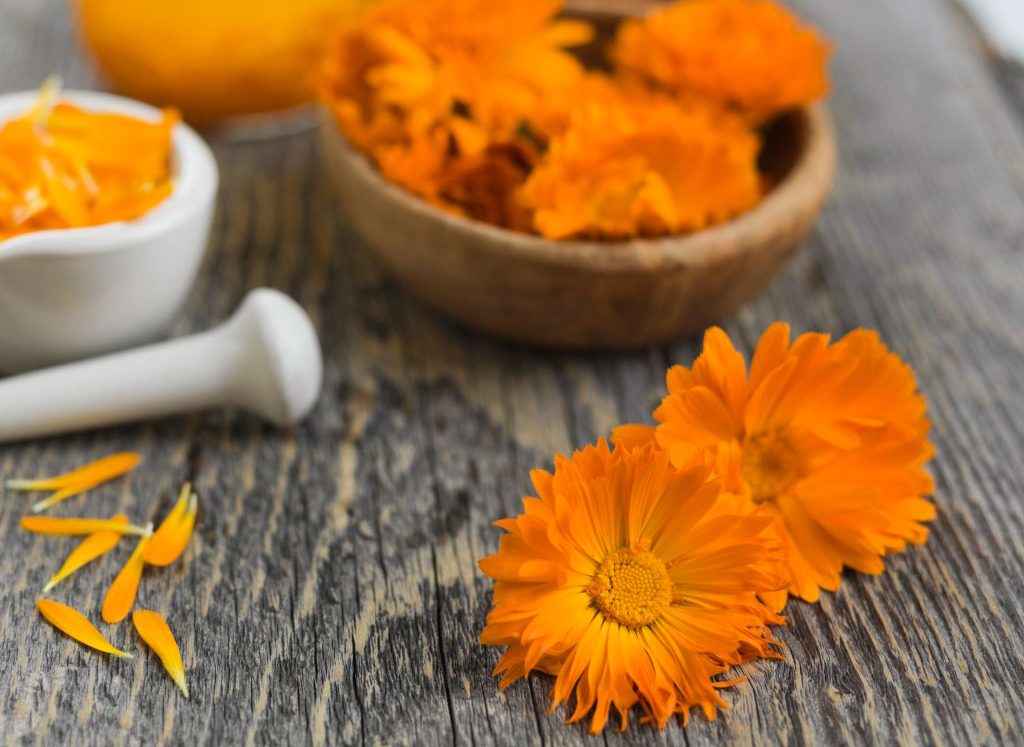Homeopathic and Herbal Remedies Are Still Controversial

Don’t assume that homeopathic and herbal remedies are safe because the bottle says they are natural. You may not know what you’re getting.
Are you looking for alternatives to over-the-counter or prescribed treatments from pharmaceutical companies? If so, you’ll run across remedies that are based on homeopathy or rely on traditional treatments with herbs.
Before you walk into the forest and miss it for all the trees, keep in mind that mainstream health professionals and their treatments are essential to your health. It’s smart to take advantage of the science developed over centuries.
You shouldn’t just replace their expertise with an herbal extract or a homeopathic tincture you pick up at a store. These products are unregulated, and you don’t know what’s in the package. You also have little reason to think they will help you as promised.
YOU MIGHT ALSO LIKE: Tell Your Doctor If You Use Alternative Pain Treatments
What is homeopathy?
Some six million Americans use homeopathy, according to government statistics, typically for mild pain or symptoms of a cold.
The homeopathic medical system was developed in Germany at the end of the 1700s. Its basis is two unconventional theories.
One is “like cures like” — the notion that a disease can be cured by a substance that produces similar symptoms in healthy people,” according to the National Center for Complimentary and Integrative Health (NCCIH).
The other is the “law of minimum dose’” — the notion that the lower the dose of a medication, the greater its effectiveness. “Many homeopathic remedies are so diluted that no molecules of the original substance remain,” the NCCIH says.
Criticism of homeopathy ranges from measured skepticism to outright claims of quackery.
The placebo effect
We tend to feel better if we take a little pill or see a medical provider. It’s encouraging and our body responds. Hope is good for us. Do you want to spend money for that little white pill? Well, maybe.
But we evaluate drugs by their ability to beat the placebo effect. Representing the most scathing indictment of homeopathy, British doctor Ben Goldacre, MB, BS, wrote in The Lancet that five large meta-analyses of homeopathy produced no statistically significant benefit over placebo.
He added that “to be honest, it almost feels silly writing about homeopathy in The Lancet.”
At the other end of the spectrum is Dana Ullman, MPH, probably the leading advocate for homeopathy in the U.S. In a long article, he says numerous studies scientifically support homeopathy and he cites them.
Among other points, Ullman says there is a proactive campaign of misinformation about homeopathy and that advocates of homeopathy “simply honor the Hippocratic tradition of ‘first do no harm.’’’
He adds that it is “highly unlikely that a placebo response is the explanation for homeopathy's notable successes in treating epidemics of cholera, yellow fever, scarlet fever, typhoid, pneumonia, or influenza.”
People in the middle say homeopathic remedies are fine for “self-limiting” ailments that involve coughs, colds, and flus and acute pain (homeopathic arnica is widely used for that) from bumps, bruises, and sprains.
Educate yourself
The decision is most important if you are avoiding other treatments — for example, a vaccination against the flu — in favor of a homeopathic one.
If you’re considering homeopathic remedies, educate yourself, see what your doctor has to say, and consult a doctor who uses homeopathy as complimentary alternative medicine (CAM).
That term CAM is of fairly recent vintage, devised in part to end the “us” versus “them” mentality within medicine and cultivate some mutual respect toward the ultimate goal, helping you feel better.
Herbal medicine is easier to understand. Many pharmaceuticals have been developed from plants. Typically, a plant contains a much less concentrated form of the chemical that may be helpful. So, for that reason, some people believe herbals are safer.
They may also favor a product that they believe has been less altered by manufacturing. Just remember that a remedy in a capsule in a store isn’t exactly “natural.” It’s not a plant you pull from the earth. It is subject to manufacturing and was developed with a profit motive, and that herbal remedies are not regulated by the Food and Drug Administration.
You’re trusting a brand name. Many do not contain what they say they do. Two companies, ConsumerLab.com, and LabDoor.com, provide independent testing of, for example, what’s actually in a green tea supplement.
Taking herbal medicine without supervision or self-education can also be potentially dangerous because, unlike homeopathic remedies that have miniscule amounts of an extract, herbal pills or solutions can contain high concentrations or be contaminated. They may also interact dangerously with medicines you may be taking.
For instance, supplements like ginseng, ginkgo, and green tea could increase your risk of bleeding if you combine them with the blood thinner heparin. St. John’s wort and activated charcoal, among other supplements, could interfere with birth control pills.
“Herbal remedies, just like pharmaceutical medicines, will have an effect on the body and can potentially be poisonous,” cautions the British National Health Service. “They should therefore be used with the same care and respect as pharmaceutical medicines.”
Ancient Chinese and Egyptian writings describe the use of herbal medicines as early as 3000 B.C. That long tradition is impressive, but the history of medicine is full of remedies that we find absurd today. In the late 1800s, for example, before people understood blood types, patients received transfusions of milk into their bloodstream. Cigarettes were once considered a remedy for asthma.
Even Christopher Hobbs, author of “Herbal Remedies for Dummies,” writes that “when my child has meningitis, give me the penicillin.” Then he notes that it’s “purified and packaged” from a fungus.
Ask your doctor or pharmacist about which herbal supplements are best for your health concerns, and make sure you’re not interfering with your other medicines.
YOU MIGHT ALSO LIKE: Debunking Homeopathic Treatments for Autism
Updated:
February 08, 2023
Reviewed By:
Christopher Nystuen, MD, MBA and Janet O'Dell, RN